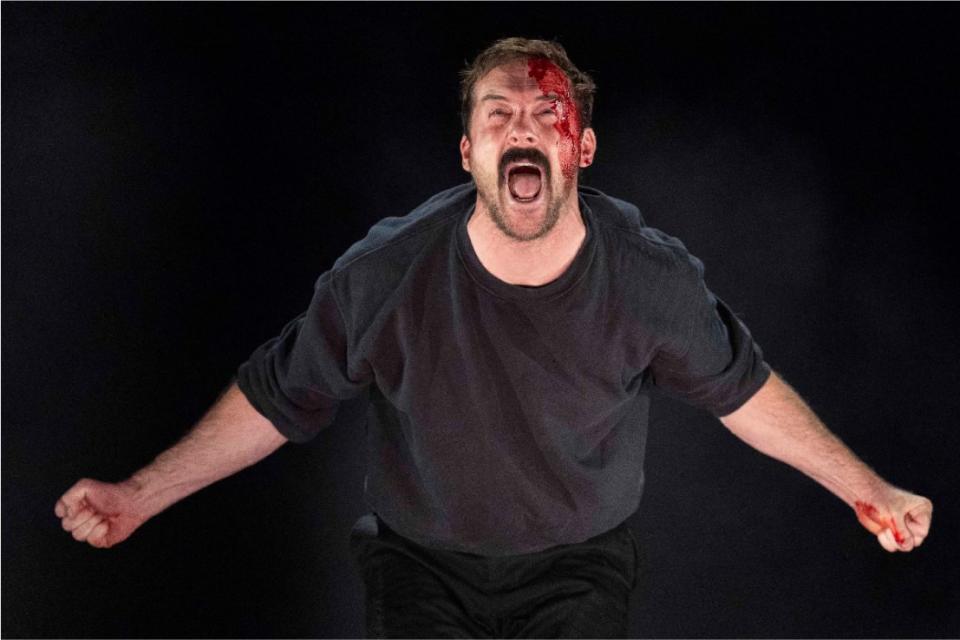Boys from the Blackstuff: Grim-up-North drama is compelling misery-nostalgia

It’s grim up north. Especially in the 1980s. Boys from the Blackstuff is a play for anyone who is feeling nostalgic for the working-class misery of yester-year.
First aired in 1980, as part of the BBC anthology series Play for Today, Alan Bleasdale’s The Blackstuff was a film about a group of Liverpudlian tarmac layers who become involved in a scam while working in Middlesbrough and consequently lose their jobs. Bleasdale followed up two years later, with a five-part series, Boys from the Blackstuff, which looked at how the characters from the original film were coping with life on the dole.
In a poll conducted by the British Film Institute, Boys from the Blackstuff was voted the best-ever British television drama
The series has cast a long shadow. In a poll conducted by the British Film Institute, Boys from the Blackstuff was voted the best-ever British television drama, and as the BFI noted, “It still stands as TV’s most complete dramatic response to the Thatcher era and as a lament to the end of a male, working class British culture.”
Now that’s happened, there is a sense of inevitability it would become a play, and it was Liverpool’s Royal Court, under Kevin Fearon, that were the original producers and commissioners of the stage adaptation. Playwright James Graham – who won the Olivier for Best New Play with last year’s Dear England – has taken the stories from each episode of the TV series, edited and remixed them, and produced two and a half hours of theatre, which becomes more engaging as the details of the characters’ lives are fleshed out.
In a strong ensemble, there are standout performances from Barry Sloane as Yosser Hughes and Philip Whitchurch as George Malone. Yosser is a loving father who becomes increasingly violent and erratic as his desperation for work tears apart his sanity. Some of his interactions, especially as he seeks spiritual help, are laugh-out-loud funny, but it is his insistent cry of “Gizza’ job!” that stays with you. Indeed, it has stayed in the back of the British psyche for the last four decades, as a reminder of the plight of people left behind by economic “progress”. Sloane portrays Yosser on a knife-edge, forcing the audience to experience some of the anxiety that must be felt by the characters onstage.
George, by contrast, weathers personal and physical losses but maintains a faith in his class and his community, which he continues to help, despite his own problems. Whitchurch’s performance conveys decency and charity in the truest sense.
The depiction of male friendship, class consciousness, and people deriving a sense of self-worth through employment all seem like relics of a bygone era
The production feels timely, not only because it’s arriving in London weeks after the death of Bernard Hill – who originated the role of Yosser, before cementing his place in film history playing the Captain in Titanic and King Theoden in the Lord of the Rings – but also because the number of Britons who have never worked just hit a twelve-year high.
Although there are parallels to be drawn between the challenges faced by the Boys from the Blackstuff characters and people suffering the privations of our current cost of living crisis, it is the differences that stand out more starkly. The depiction of male friendship, class consciousness, and people deriving a sense of self-worth through employment all seem like relics of a bygone era, and perhaps explain how it is possible to look back on a period of widespread hardship with a degree of fondness.

 Yahoo Finance
Yahoo Finance 